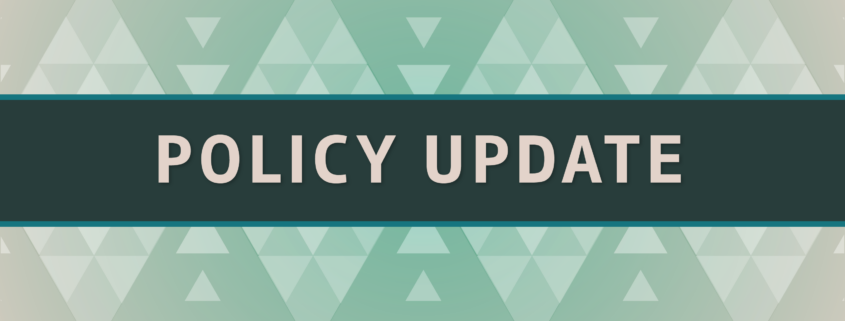Senator Warren and Representative Raskin Re-Introduce NCUIH-Endorsed CARE ACT, Invests $1 Billion a Year to Address Substance Use Crisis in Native Communities
On May 9, 2024, Senators Elizabeth Warren (D-MA) and Tammy Baldwin (D-WI) as well as Representatives Jamie Rasin (D-MD), Ann Kuster (D-NH), David Trone (D-MD) and Brittany Pettersen (D-CO) re-introduced the Comprehensive Addiction Resources Emergency (CARE) Act (S.4286 / H.R. 8323) to provide resources that combat the substance use epidemic, including in American Indian and Alaska Native communities. It is currently co-sponsored by 16 other Democratic senators and 73 Democratic representatives and supported by over 100 organizations. The bill is modeled after the Ryan White Comprehensive AIDS Resources Emergency Act, that supports federal research and programming that prevents substance use disorder and expands access to evidence-based treatments and recovery support services.
This legislation provides $125 billion in federal funding for Fiscal Years 2025-2035 and specifically nearly $1 billion a year for Tribal governments and organizations. The funding awards grants to fund core medical services, recovery and support services, early intervention and engagement services, harm reduction services, and administrative expenses.
The $1 billion is allocated to:
- $790 million in grants to Tribal governments for substance use prevention and treatment.
- $7.5 million for Tribal nations and regional Tribal epidemiology centers.
- $50 million to Tribal Colleges and Universities as well as Indian-Health Service funded organizations that train Native health professionals.
- $150 million to Native non-profits and clinics, including urban Indian organizations and Native Hawaiian organizations, specifically to test culturally informed care models.
Resources
Background on Substance Use in Urban Native Communities
NCUIH has long advocated for resources to address the ongoing substance use crisis that disproportionately affects Native people. Between 1999 and 2015, the drug overdose death rates for Native populations increased by more than 500 percent. In 2022, the CDC reported that the American Indian and Alaska Native populations had the highest rate of overdose deaths in the United States. They reported 56.6 deaths per 100,000 persons in 2021. Additionally, a 2020 report from the CDC highlighted that American Indian and Alaska Native people living in rural and urban areas need substance use disorder (SUD) treatment at virtually the same rate.
Next Steps
The bill has been referred to the Senate subcommittee on Health, Education, Labor, and Pensions and awaits consideration. NCUIH will continue to monitor the bill’s progress







